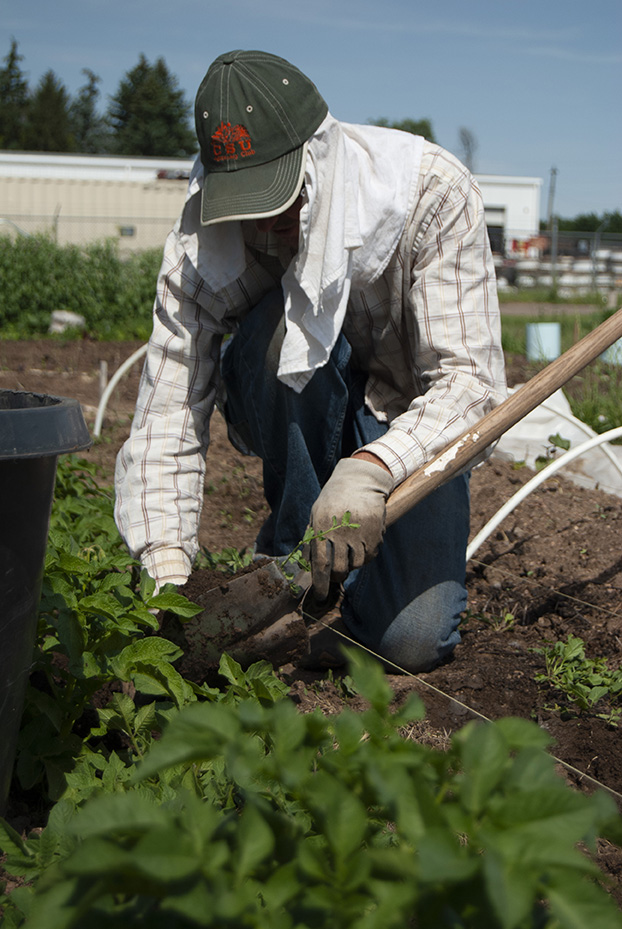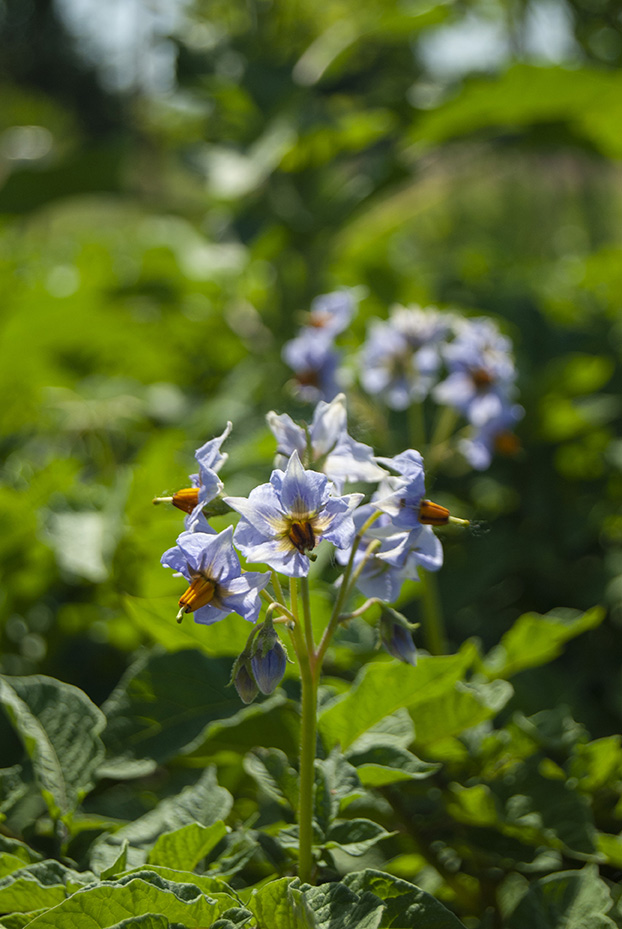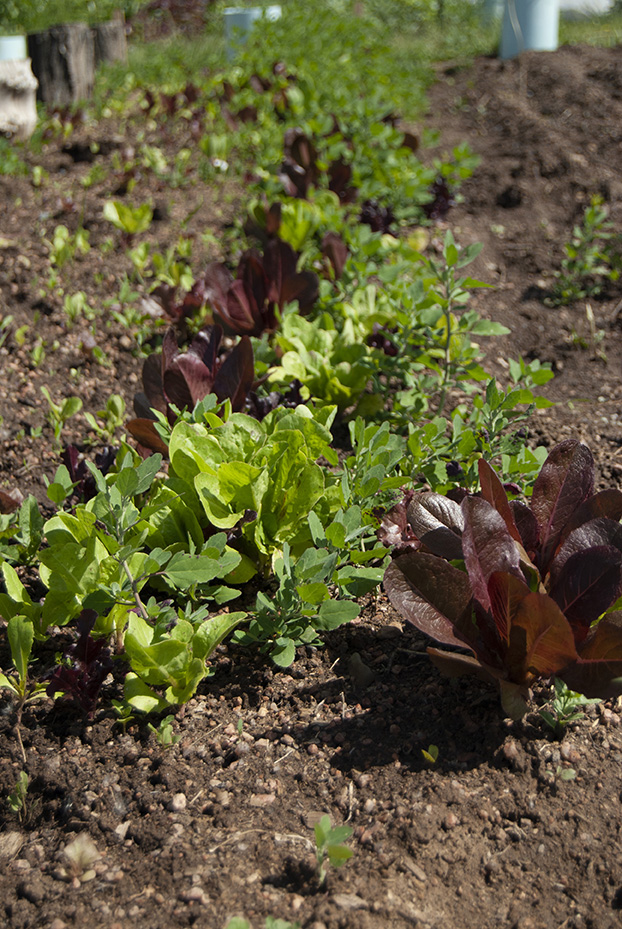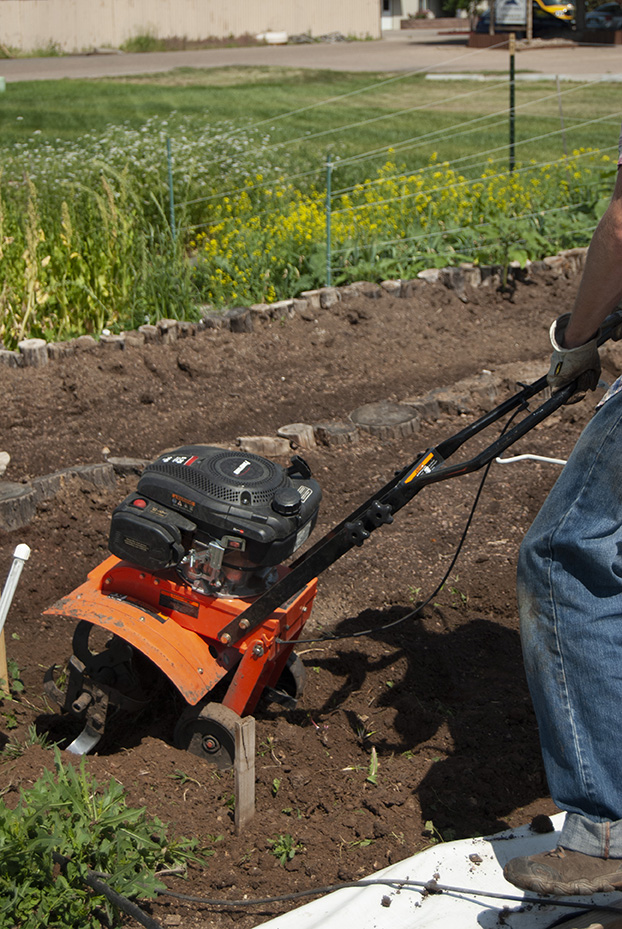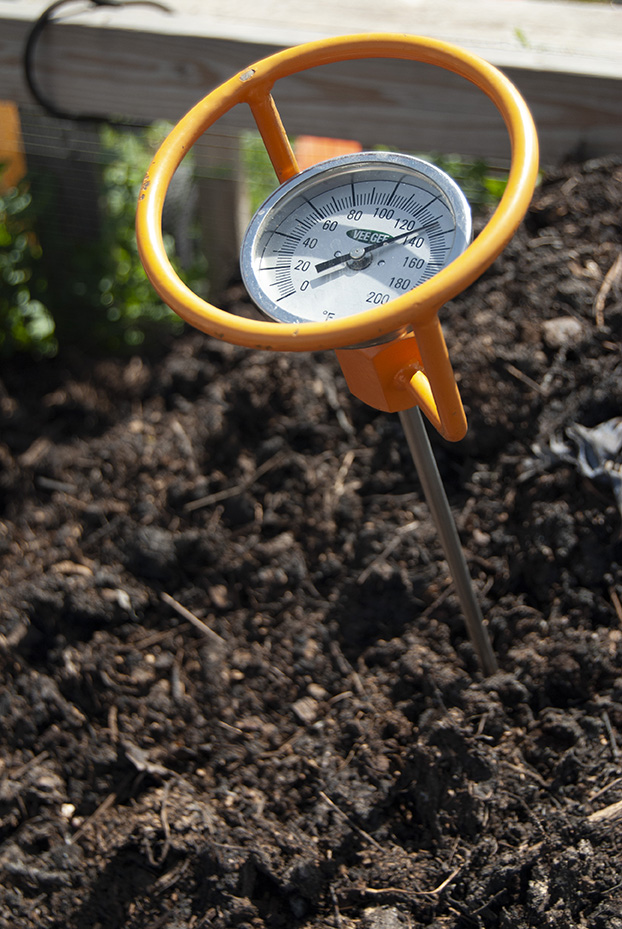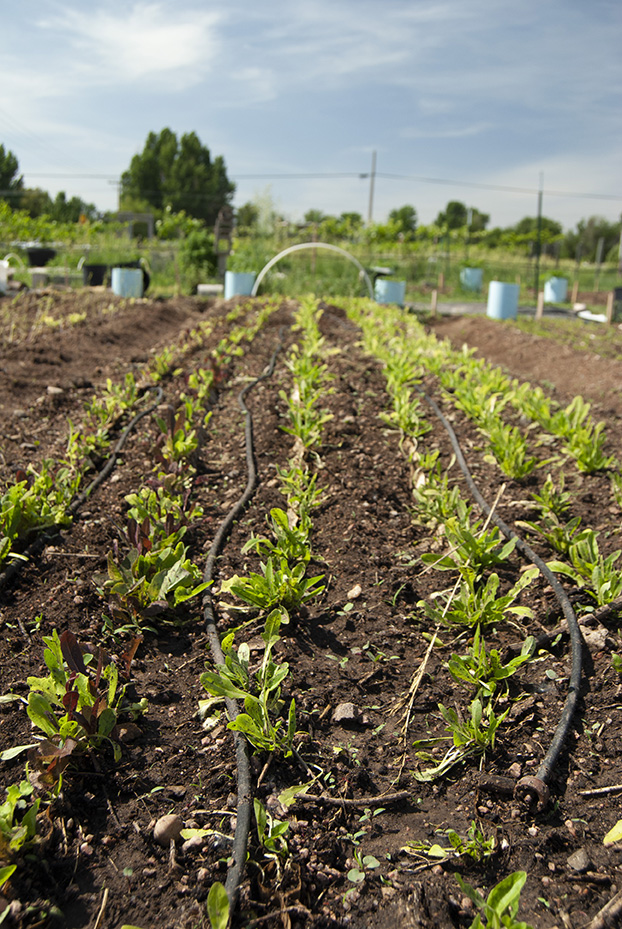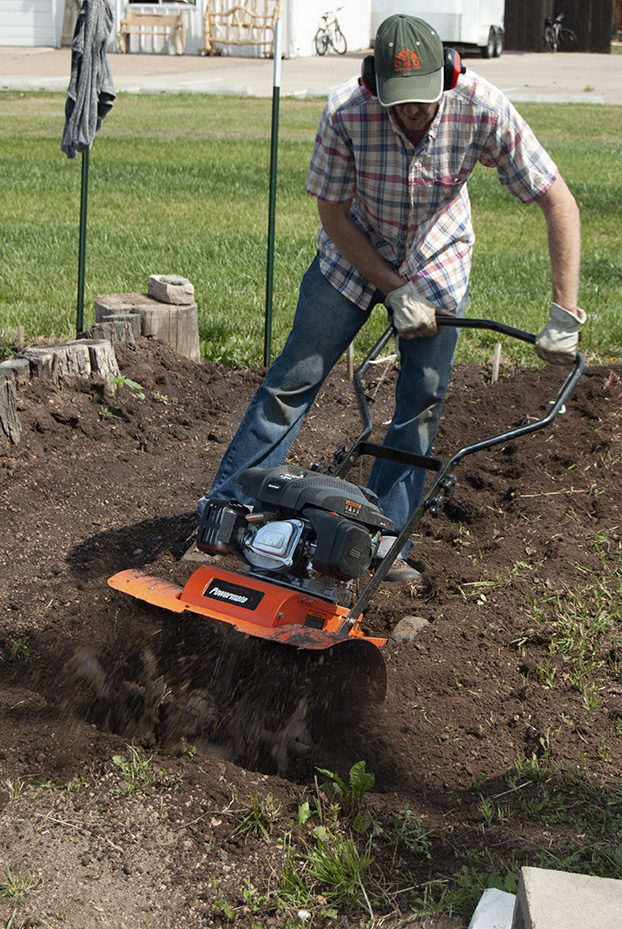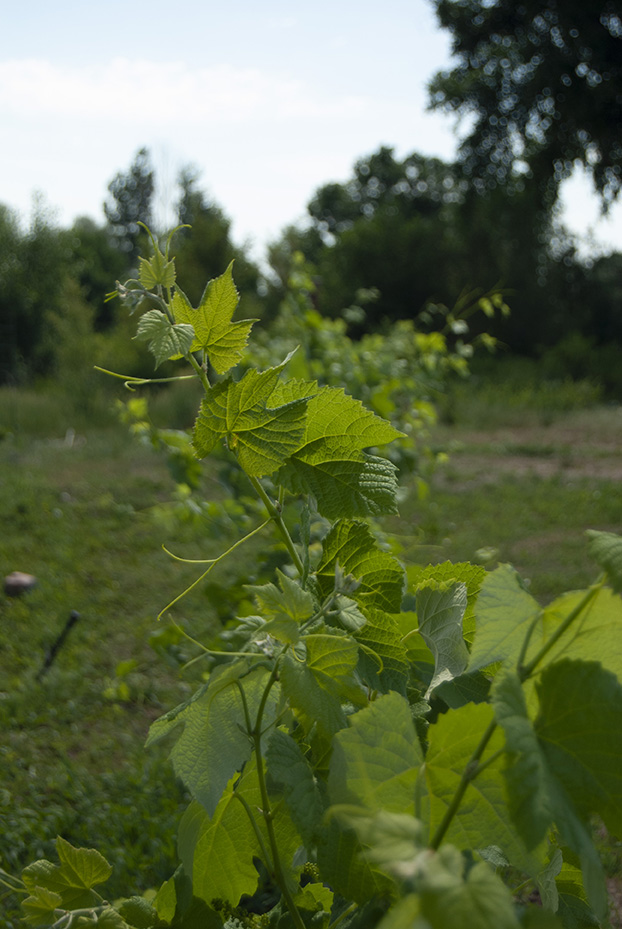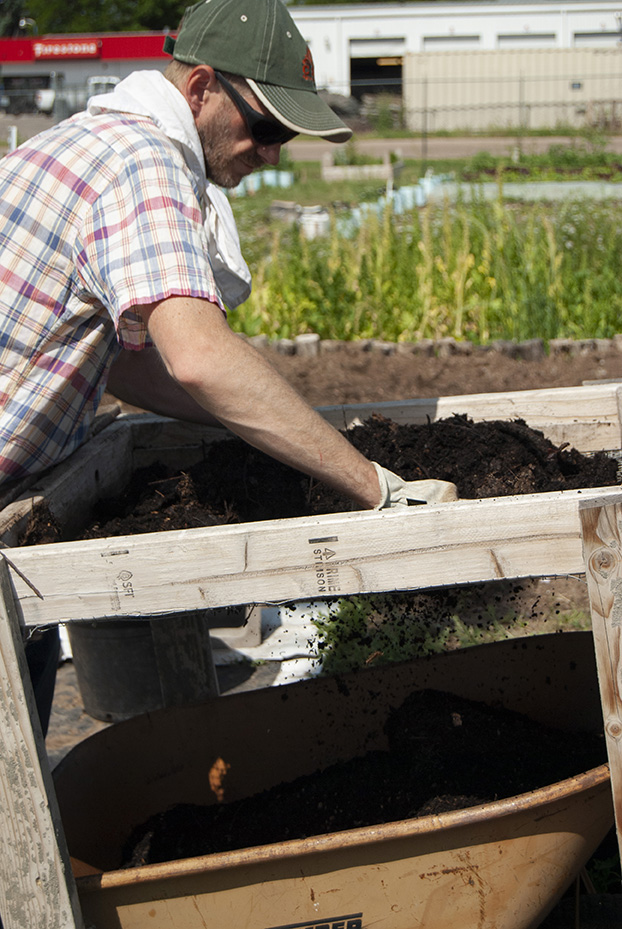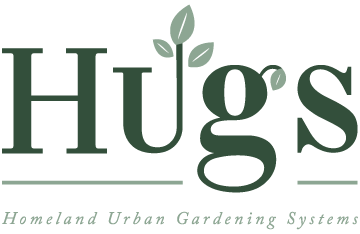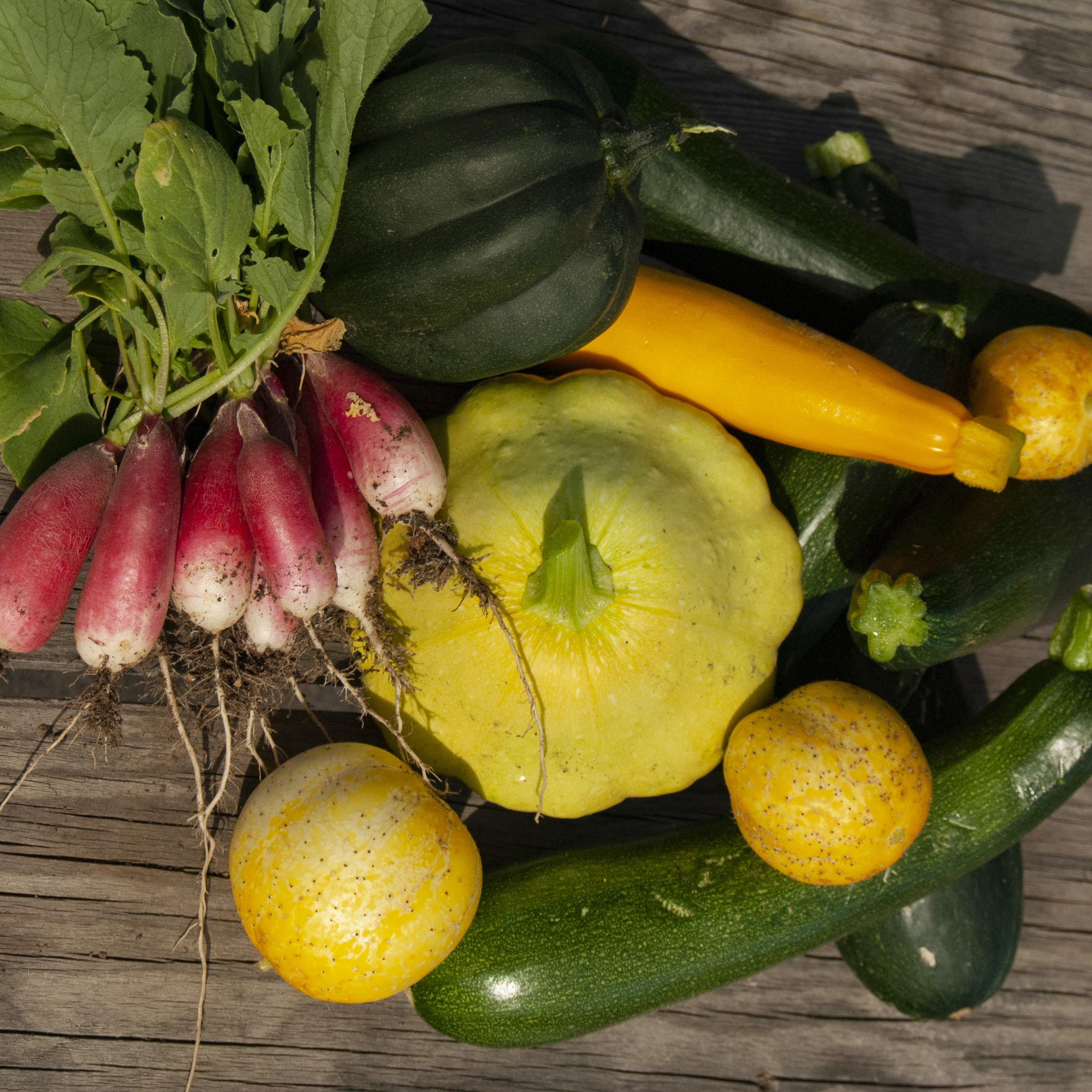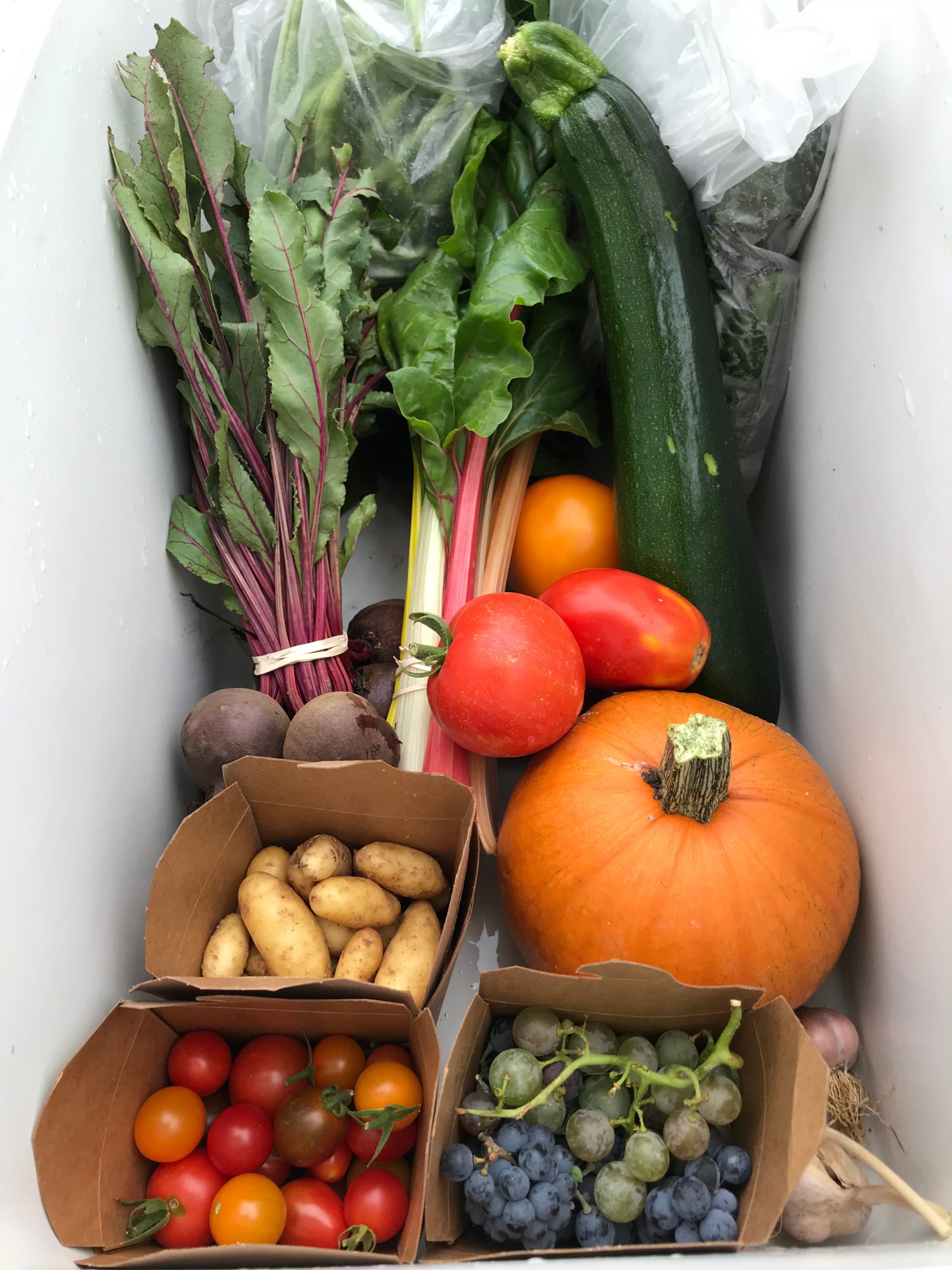
Our Neighborhood Supported Agriculture (NSA) Program
Become part of the H.U.G.S. family and sign up to be a member of our 2021 NSA Program! Click on the link for more details as to what it is, what we can do for you, and what we can do for the world.
Facts About Homeland Gardening
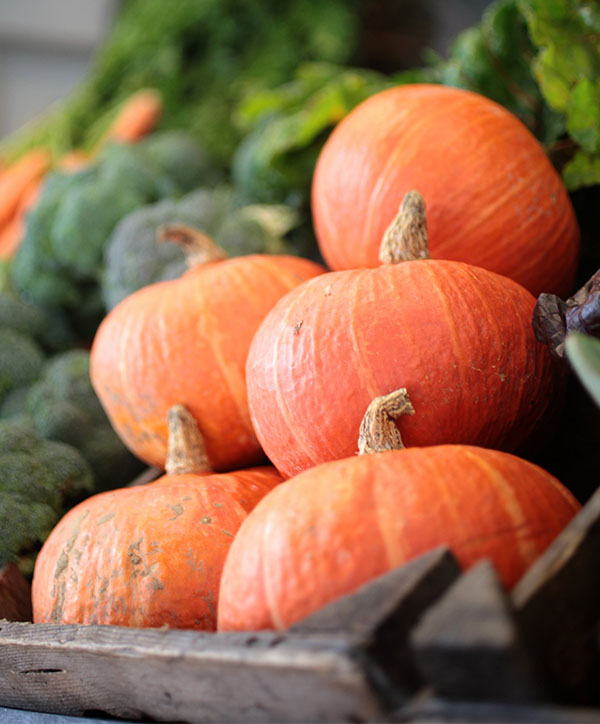
In the United States, food waste is estimated at between 30-40 percent of the food supply. This estimate, based on estimates from USDA’s Economic Research Service of 31 percent food loss at the retail and consumer levels, corresponded to approximately 133 billion pounds and $161 billion worth of food in 2010.
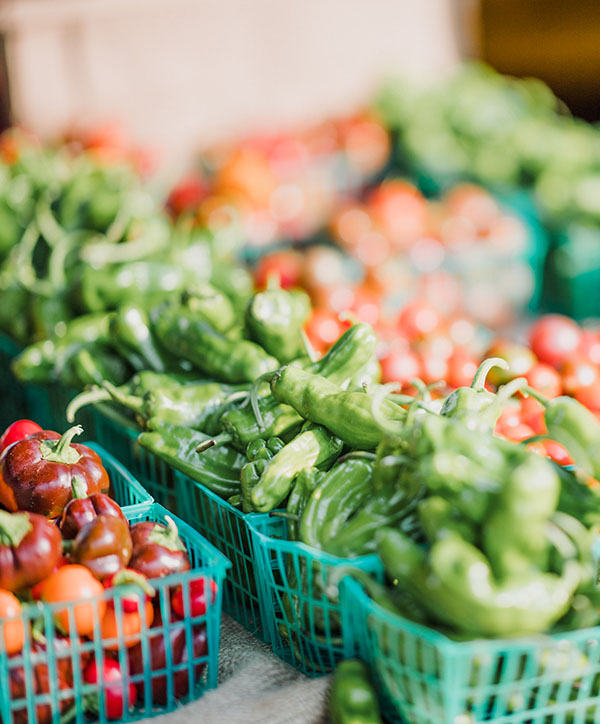
Americans throw away an average of 20 pounds of food scraps every month – translating to more than 20% of trash produced in the US.
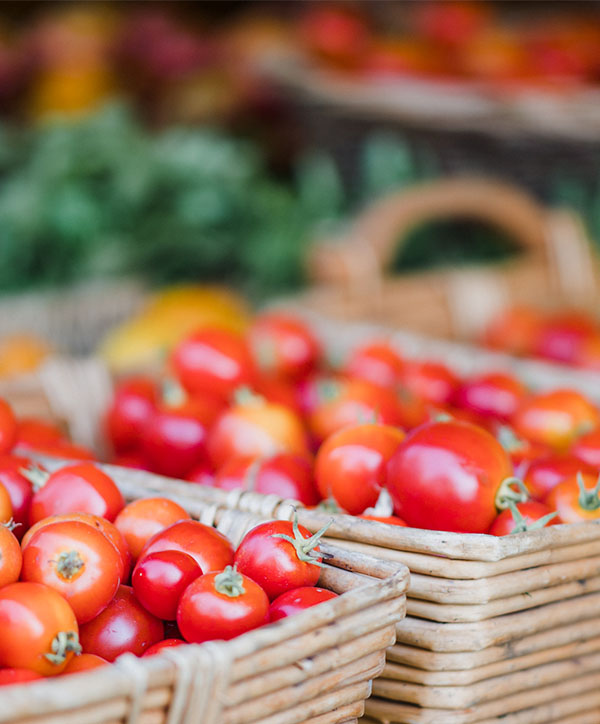
Composting is a relatively cheap and effective way to reduce hundreds of millions of pounds of waste and, in turn, recycles the nutrients to be used it to benefit the soil, our yards, victory gardens and reduce our overall carbon footprint.
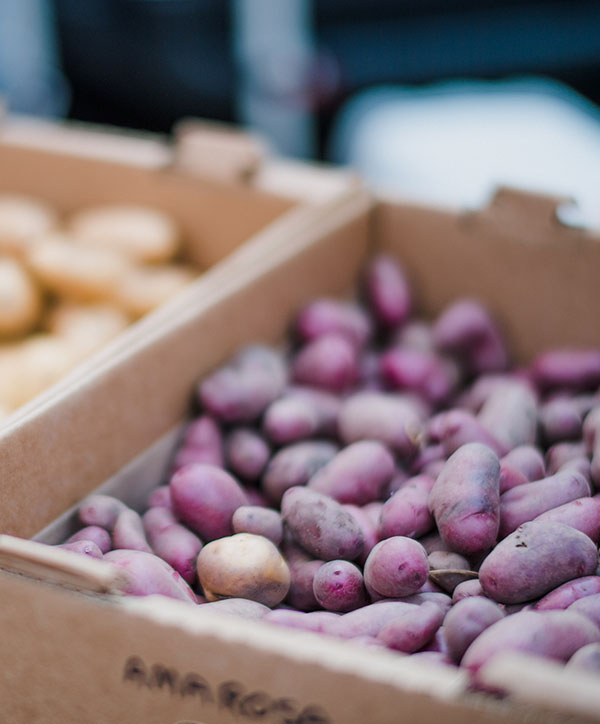
Composting is a relatively cheap and effective way to reduce hundreds of millions of pounds of waste and, in turn, recycles the nutrients to be used it to benefit the soil, our yards, victory gardens and reduce our overall carbon footprint.
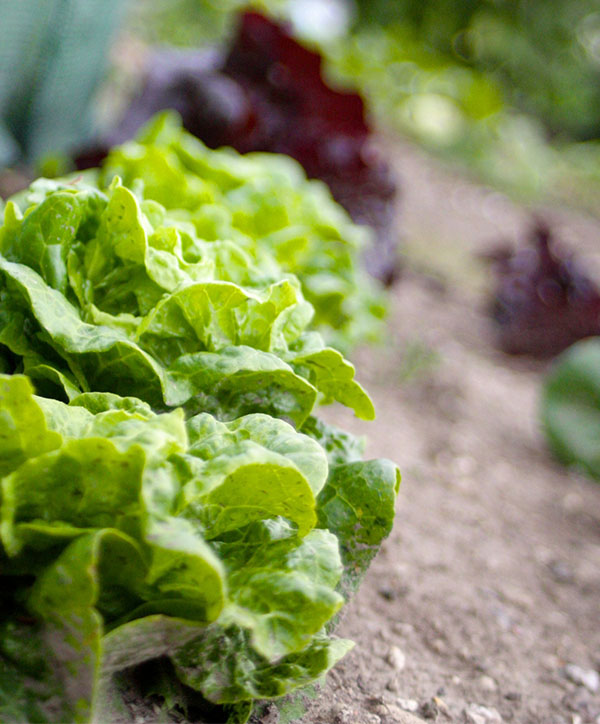
For every pound of organic matter thrown away, as much as 3.8 pounds of greenhouse gas emissions are released in the anaerobic decay process of the landfill – composting can greatly reduce this.
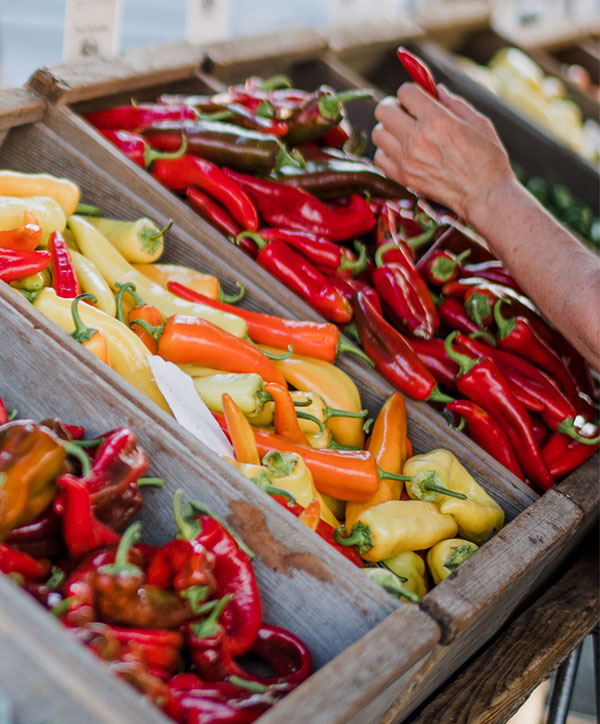
Not all composting is the same….there is no place like home to compost. Composting your materials at home in your backyard or right at the source are the best ways to get the most environmental benefits from composting. Collecting and hauling compostable materials, and processing them at a facility, requires fuel and energy.

The impact of composting on climate change is the sum of the three components of the compost system: the feedstocks, the process, and the end use.”… “…The biggest benefit for most composting projects comes from emission avoidance; primarily from keeping methane- generating organics out of landfills or lagoons.

Composting improves soil conditions by improving soil structure, increasing nutrient cycling found in the soil, and it also reduces water waste and benefiting plant health.

…small scale composting is often the most environmentally sound way of recycling organic materials. The finished compost is a good soil amendment for a variety of gardening and landscape uses.
HUGS is your local, Northern Colorado composting, soil rejuvenation & gardening partner.
Who We Are
HUGS (Homeland Urban Gardening Systems) was founded out of the deep desire to do this through the power of compost and urban farming.
Facts About Homeland Gardening
